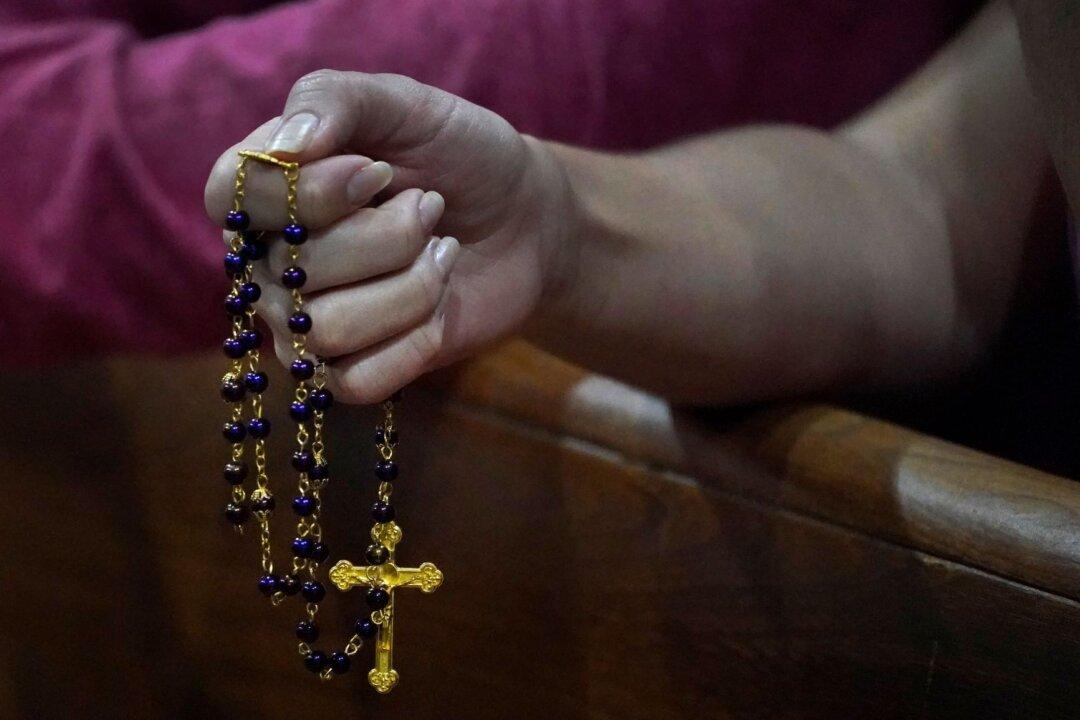Three Christian students and a faculty member have settled a lawsuit against the University of Idaho that acted to limit their freedom of religious speech.
The lawsuit, filed by the Alliance Defending Freedom (ADF) attorneys in April, blamed university officials for targeting the students’ First Amendment rights by punishing them for their religious speech. The university had issued no-contact orders on students—Peter Perlot, Mark Miller, and Ryan Alexander, who are members of the university’s Christian Legal Society (CLS) chapter—as well as CLS faculty advisor Professor Richard Seamon.





